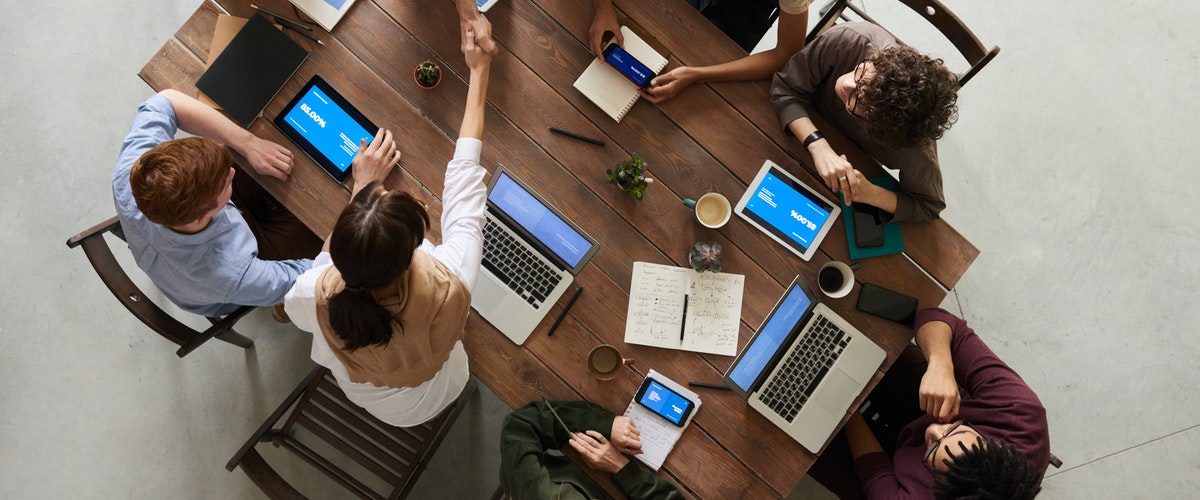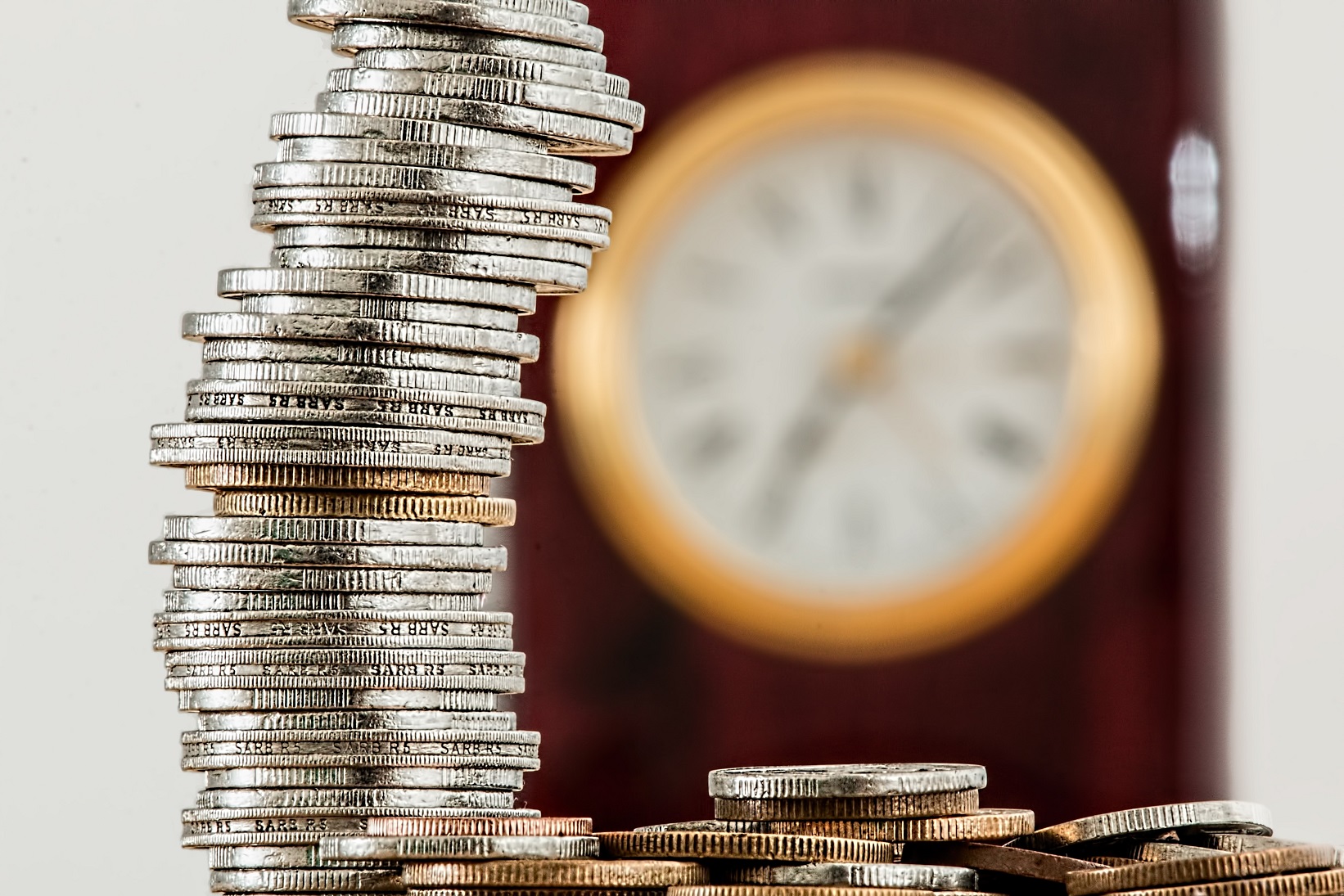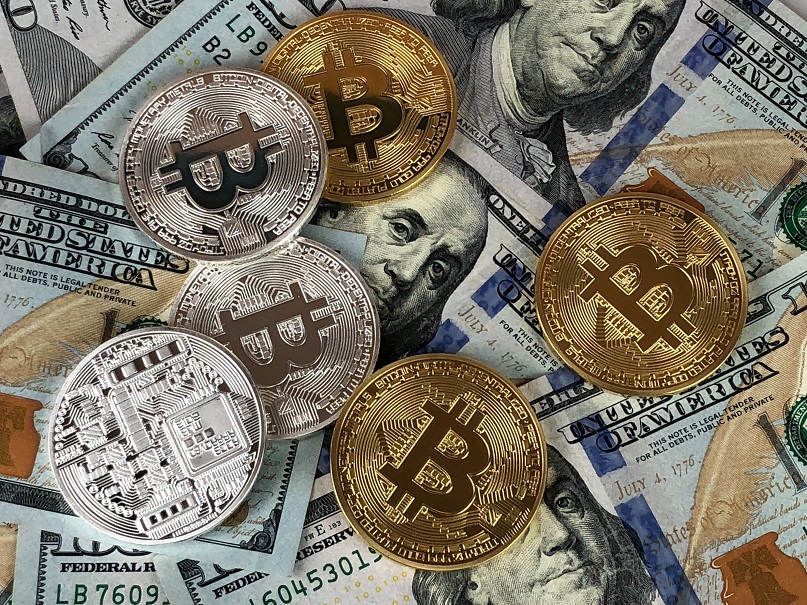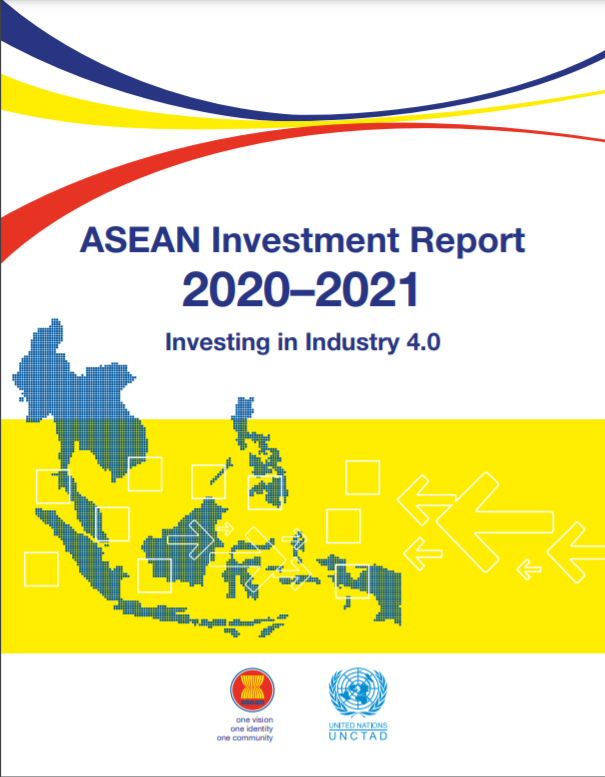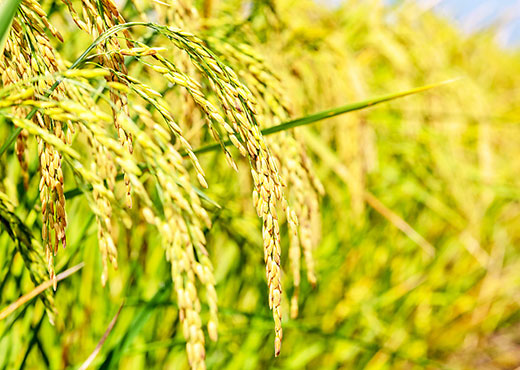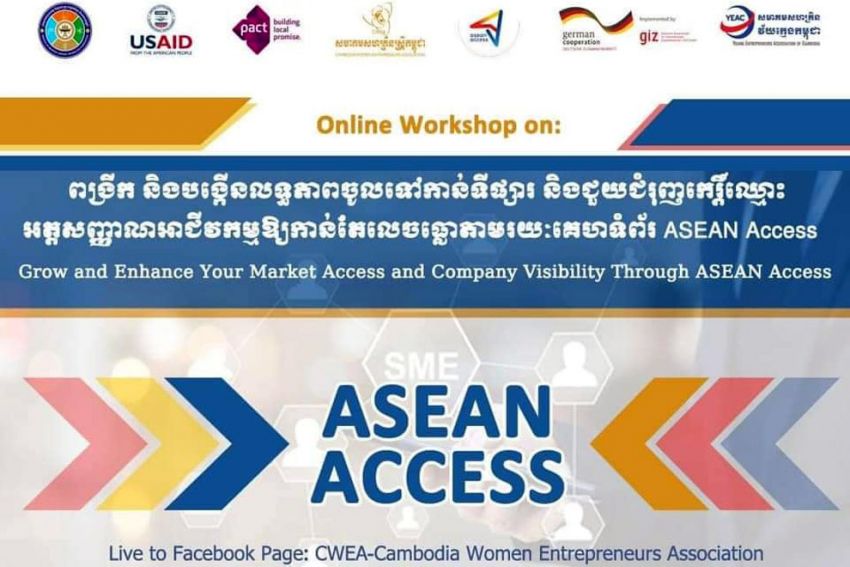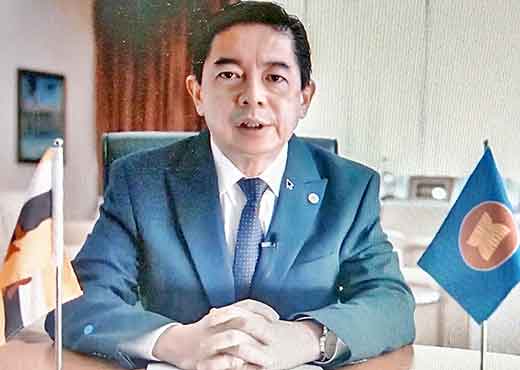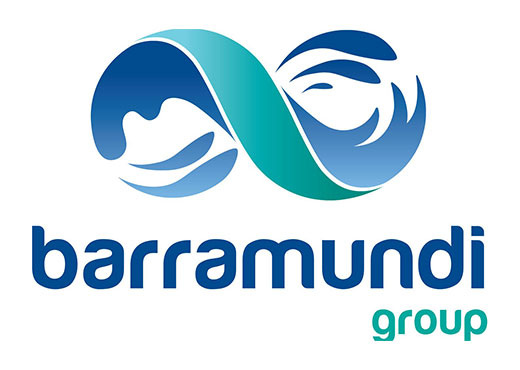As Singapore and nearby countries start their journey towards living with Covid-19 as an endemic, Southeast Asia (SEA) businesses can expect to see more changes in the frequency of remote work, new online customers, and shifts in buying behaviors.
To stay agile, businesses will need to carefully consider the future of work, and source the talent, develop the skills, and organise the teams that can bring a digital-first customer experience (CX) strategy to life. With face-to-face interactions increasingly making way for digital engagements, online shopping has shot up, and businesses must pivot to keep up to customer expectations.
When wesurveyed marketing and technology leaders for the 2021 Digital Trends Report, both CX leaders and mainstream companies ranked “lack of digital skills” as the third-highest issue holding back their marketing and CX organisation. Even before the pandemic, SEA businesses were concerned about the digital skills gap, with the explosion of digital channels and technologies.
However, the future of work is not only about technology. In the new digital-first world, customers expect brands to deliver digital-led experiences specifically tailored to their needs and preferences. In addition to the right technologies, brands must invest in the right skills as well, to meet those fast-evolving expectations.
Technical upskilling is only part of the solution. To build a customer experience advantage, business leaders and marketers need to be savvy about data analytics, change management, and storytelling skills too. Focusing on these three areas will help organisations deliver impactful experiences at every stage of the customer journey.
1. Turn data into actionable insights.
Plenty of people have technical skills but there aren’t enough who understand what the data is telling them in their particular business context. What’s lacking is a marriage of traditional analytical skills and technology.
There are many digital skills programs that train people in coding, business intelligence tools, and collaboration tools. However, many businesses don’t realise that it’s probably easier to take someone who already understands your business and teach them about data analytics, rather than hiring somebody who has the technical skills but will need to learn your business from scratch.
Digital upskilling isn’t just about training a new generation of workers. It’s about taking the workforce that businesses already have and equipping them with the latest digital tools to stay relevant.
For instance, the Adobe Programmatic League in Southeast Asia introduces existing members of the workforce to data and analytics, and show them ways to apply those digital skills to their functions. It’s taking decision-makers who aren’t experts in technology — and empowering them by bringing them into the world of data analytics. They then learn how they can transfer those capabilities to their organisation in this new world of CX.
We also partner with government agencies to deliver digital skills induction and enablement programs to the Singapore population. It’s an on-ramp to the world of CX, providing an awareness of how Adobe enterprise customers have used digital solutions to access better insights about their customers.
2. Adopt change management as a mindset
Change management — making change that is successful and sustainable — is a methodology and a learnable skill. Everyone involved in implementing a new technology should understand they are in a change program. Business leaders need to know how to make the change successful. If not approached that way, they won’t get the full value out of their technology investment and will subsequently fail in building a customer-first organisation.
The Singapore Tourism Board (STB), an agency that’s changing its industry through data and analytics. Even before the pandemic, STB realised the tourism industry needed more technology, data, and insights to be more efficient and profitable. The agency wanted to create a centralised data and insights platform to help the country’s travel and tourism ecosystem move into the digital age.
Adobe helped STB build the Singapore Tourism Analytics Network (STAN) and integrate it into the Singapore ecosystem. It’s a great example of an organisation taking the leadership on change and coordinating the industry through that change process, so they see the value and benefit from it.
Another example of an organisation leading with a change management mindset is M1. Despite being a pioneer in the telco industry, the organisation is embracing change by becoming Singapore’s first truly digital communication provider. M1 recently refreshed its brand identity, complemented with new made-to-measure offerings and an enhanced customer experience journey — including an overhauled digital experience roadmap, supported by Adobe.
3. Every customer journey is a storytelling opportunity
It’s critical that marketers have strong storytelling skills, both internally, to get all the teams aligned around the customer journey they’re trying to create, and externally, to deliver the right messages to customers at each stage of their journey with the brand.
Once business leaders have taken the time to understand the customer journey, they should organise their people to align and support in a consistent manner. This approach is a powerful way of showing empathy to customers, while lining up all the necessary data logistics to support the entire customer journey.
That level of empathy is only attainable when all the data is gathered, and segments are identified. That’s what allows you to tell the right story. It’s essential to link all these insights from an external point of view so that businesses can engage customers with the right level of empathy throughout the entire customer journey.
Showing that the customer journey is a story in itself, is powerful. If someone takes the time to document that story and articulate it and ensures that everyone in the organisation understands that customer story, everyone will then realise how they should be supporting that story — what their roles and responsibilities are, and how they can coordinate all of that to make it a smooth journey.
Establishing a successful digital future in Southeast Asia
The SEA region is a fast-growing digital market, and businesses need to upskill their workforce to digital work rapidly. The demographics show that the region has both a growing middle class and many young people needing jobs, so demand is aplenty.
The mechanics of future-proofing a brand are no less important than the conceptual framework it’s built on. Educating and training employees to understand and use technology effectively — and interacting with customers in new and improved ways — isn’t optional.
Upskilling is key to establishing a successful digital future in SEA, and it will require a concerted effort from different stakeholders — from technology companies to higher education institutes, and governments.
Source: The Business Times (Singapore)
Date: 20 September 2021
Reference: https://www.businesstimes.com.sg/asean-business/how-businesses-in-southeast-asia-can-upskill-for-the-future-of-work

